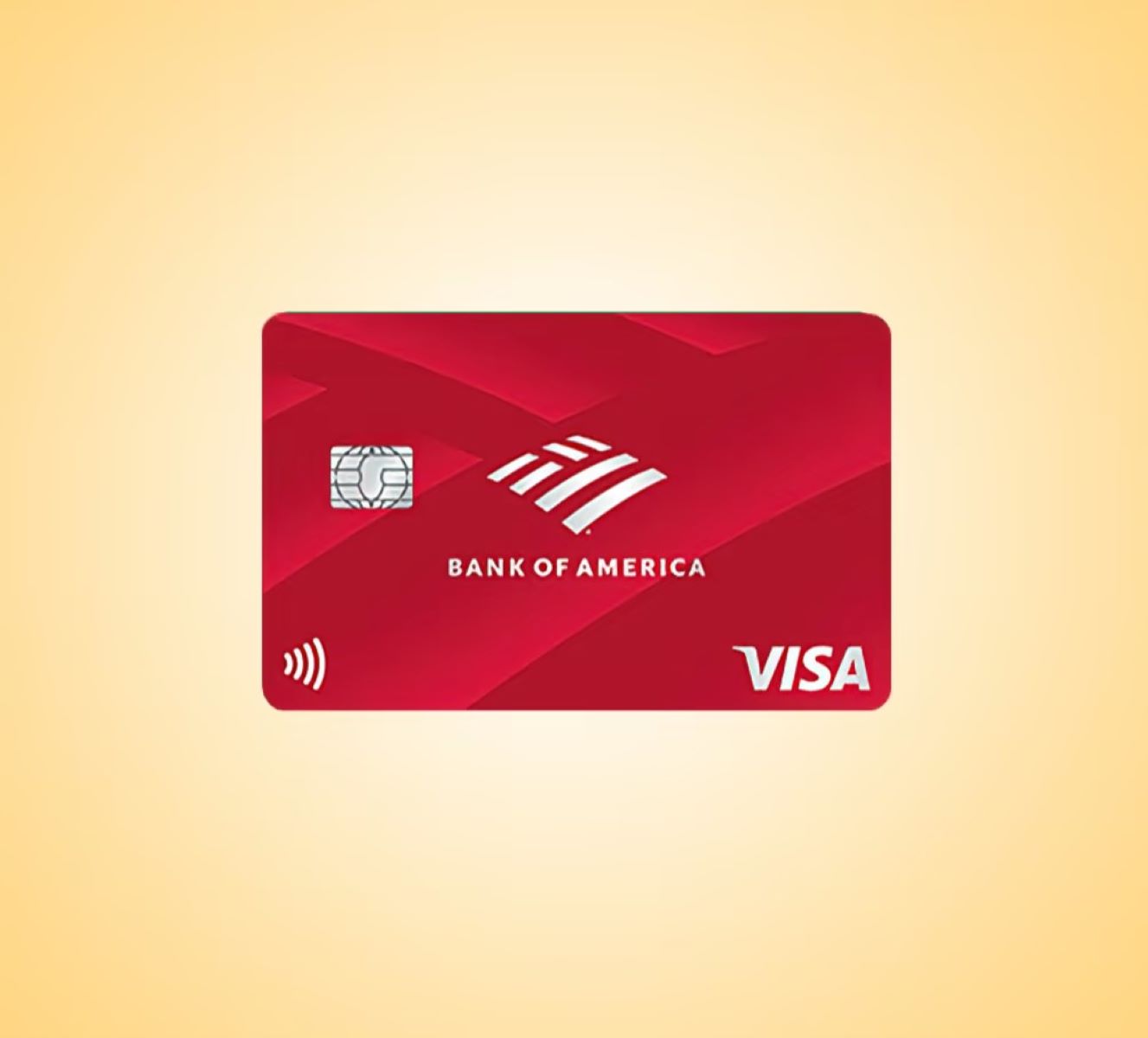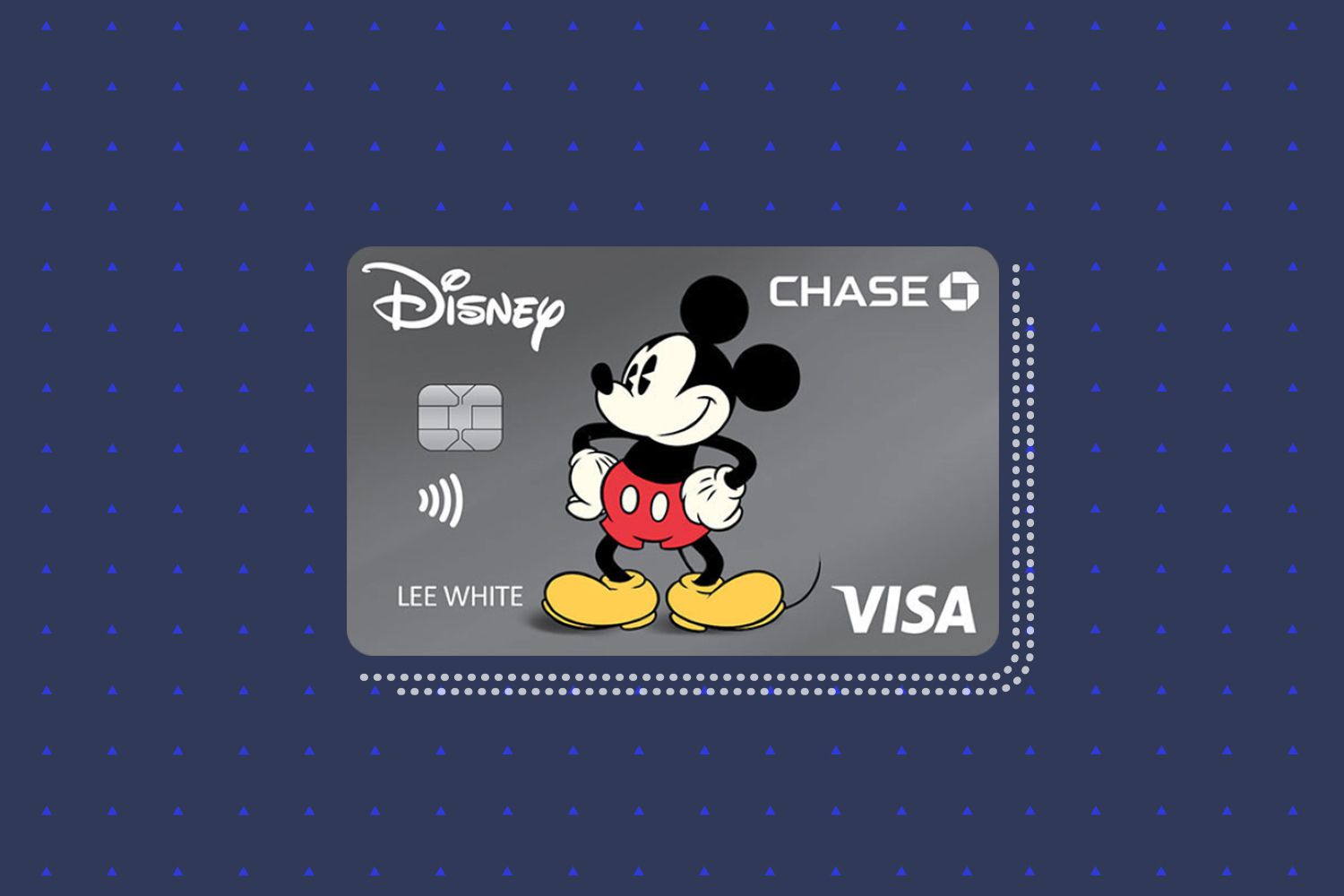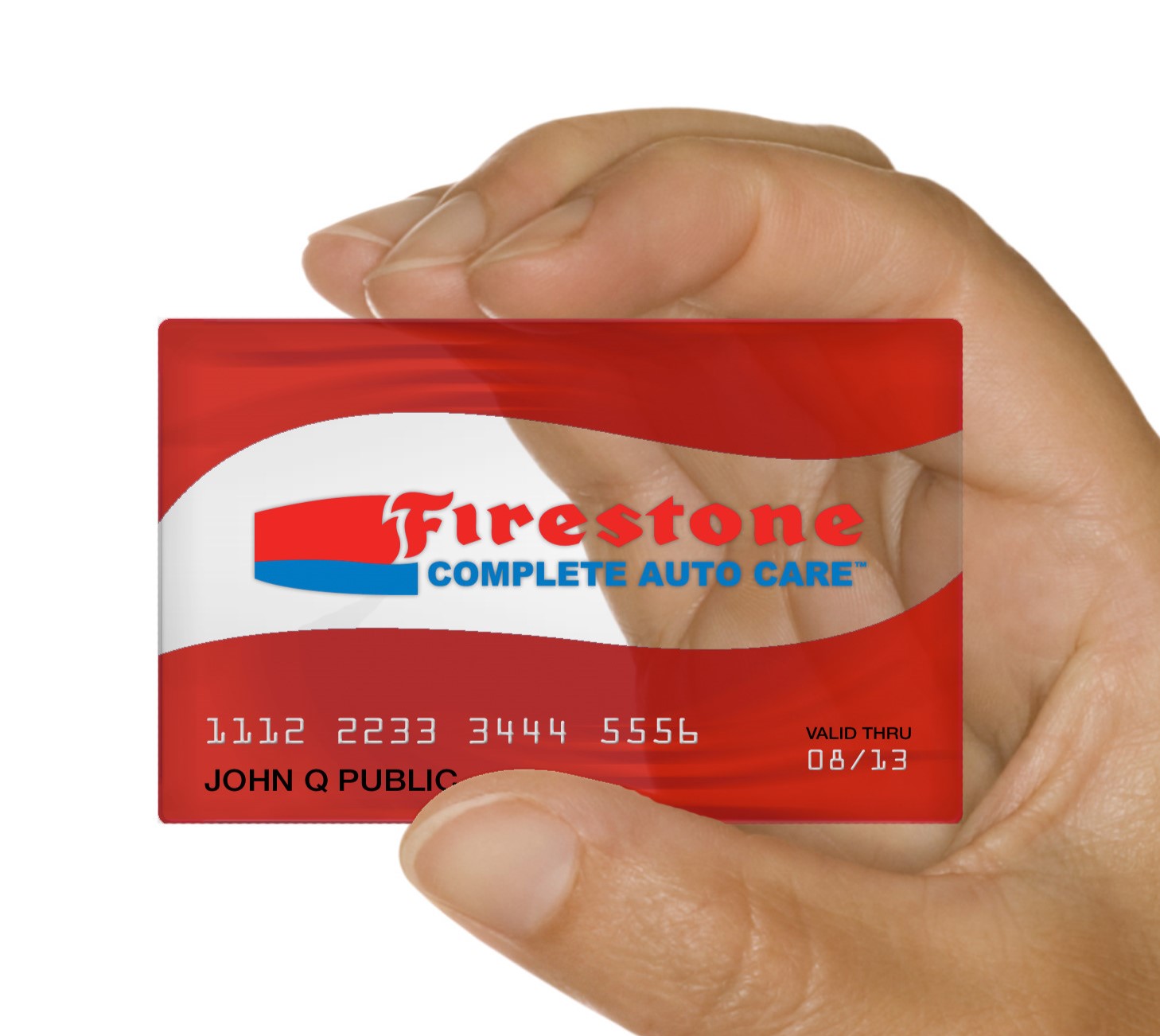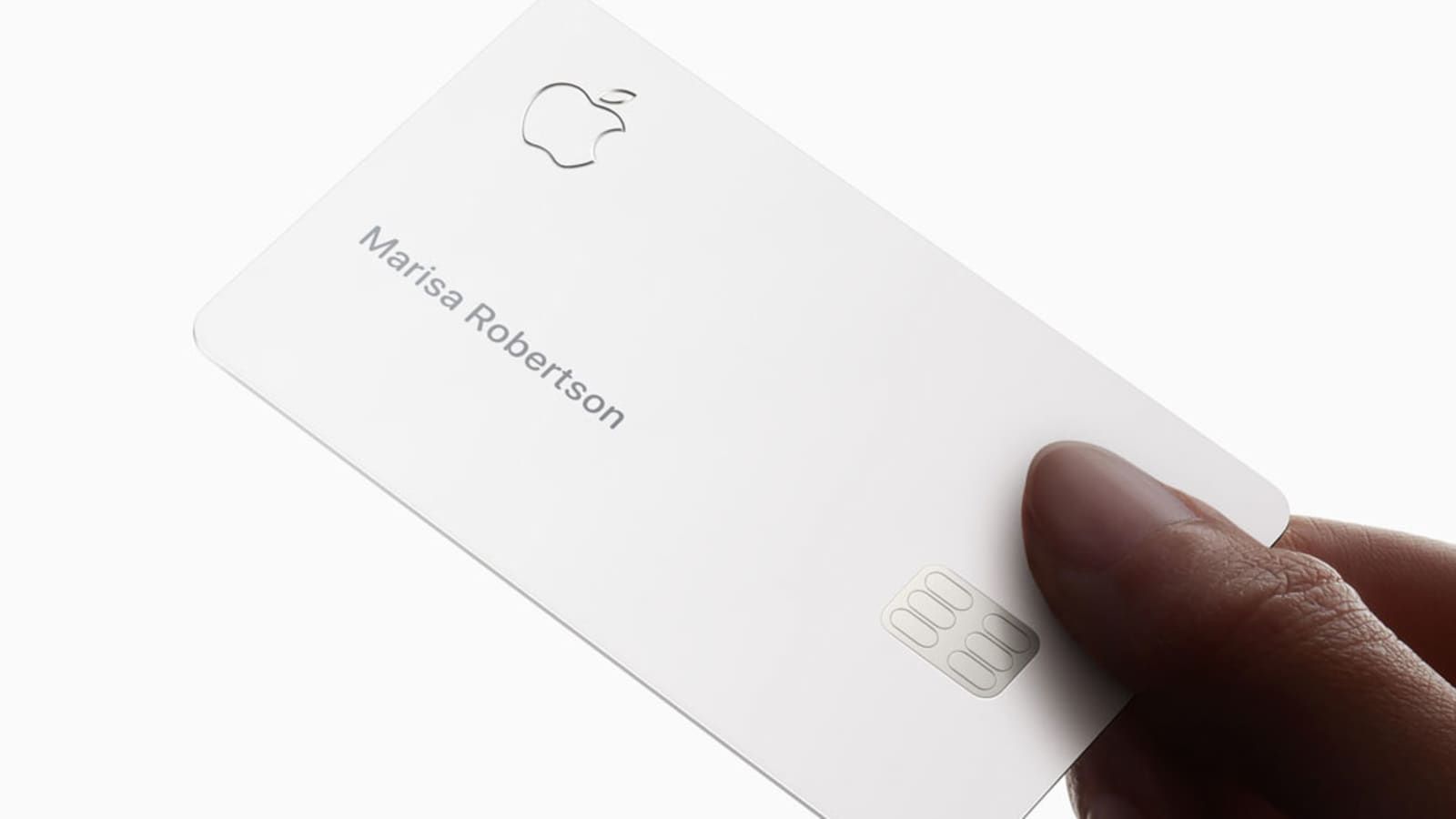Home>Finance>What Credit Score Is Needed For Bank Of America Credit Card


Finance
What Credit Score Is Needed For Bank Of America Credit Card
Modified: March 6, 2024
Find out the credit score required for a Bank of America credit card and get the finance you need. Compare offers and apply now for the best rates!
(Many of the links in this article redirect to a specific reviewed product. Your purchase of these products through affiliate links helps to generate commission for LiveWell, at no extra cost. Learn more)
Table of Contents
Introduction
Welcome to the world of credit cards! Whether you’re a seasoned cardholder or exploring the options for the first time, understanding credit scores and their role in credit card applications is crucial. In this article, we’ll specifically delve into the credit score requirements for Bank of America credit cards.
Bank of America is one of the largest and most reputable financial institutions in the United States, offering a range of credit card options to suit a variety of needs. From rewards cards to cashback cards, Bank of America provides opportunities for customers to earn valuable perks and benefits while managing their finances.
Before we explore the specific credit score requirements, it’s important to have a basic understanding of credit scores themselves.
Credit scores are a numerical representation of an individual’s creditworthiness. They are calculated by credit bureaus based on various factors, including payment history, credit utilization, length of credit history, types of credit, and new credit applications. FICO® scores, the most commonly used credit scoring model, range from 300 to 850, with higher scores indicating better creditworthiness.
Bank of America evaluates credit scores during the credit card application process to assess an individual’s risk and their likelihood of repaying borrowed funds. While credit score requirements can vary depending on the specific card, applicants with higher credit scores generally have a better chance of being approved and may also qualify for better rewards and benefits.
Understanding Credit Scores
When it comes to credit scores, knowledge is power. Understanding how they are calculated and what factors impact them can help individuals make informed decisions regarding their financial health.
As mentioned earlier, credit scores are numerical representations of an individual’s creditworthiness. They are calculated using complex algorithms that take into account various factors. The most widely used scoring model is the FICO® score, which is based on data from the three major credit bureaus: Equifax, Experian, and TransUnion.
Here are the key factors that affect your credit score:
- Payment History: The most critical factor in determining a credit score is payment history. Consistently making on-time payments positively impacts your credit score, while late or missed payments can have a negative impact.
- Credit Utilization: This refers to the percentage of available credit you are currently using. It is recommended to keep your credit utilization below 30% to maintain a good credit score.
- Length of Credit History: The longer your credit history, the more information lenders have to assess your repayment behavior. Generally, a longer credit history is viewed positively by lenders.
- Types of Credit: Having a diverse mix of credit accounts, such as credit cards, mortgages, and auto loans, can positively impact your credit score.
- New Credit Applications: When you apply for new credit, it can temporarily lower your credit score. Multiple new credit applications within a short period can be perceived as a risk by lenders.
It’s important to regularly monitor your credit score to ensure its accuracy and identify any areas for improvement. Credit reporting agencies are required to provide you with a free credit report once a year, and numerous websites and apps offer free credit score monitoring services.
Now that we have a better understanding of credit scores, let’s explore how they apply to Bank of America credit cards.
Bank of America Credit Cards
Bank of America offers a wide range of credit cards designed to cater to different financial needs and lifestyle preferences. Whether you’re looking to earn rewards, save on interest, or build your credit, Bank of America has a card that may be right for you.
Here are some of the popular credit card options offered by Bank of America:
- Cash Rewards Credit Cards: Bank of America’s cash rewards cards allow you to earn cashback on everyday purchases, making them an excellent choice for those looking to maximize their savings. Some cards offer bonus rewards in categories like gas, dining, and groceries.
- Travel Rewards Credit Cards: Bank of America’s travel rewards cards are ideal for frequent travelers. These cards earn points that can be redeemed for travel expenses such as flights, hotel stays, and rental cars. Some cards also offer additional travel benefits, like airport lounge access.
- Balance Transfer Credit Cards: If you have existing credit card debt, Bank of America’s balance transfer cards can help you consolidate your balances and save on interest. These cards often come with an introductory 0% APR period, allowing you to pay off your debt without accruing additional interest.
- Secured Credit Cards: Bank of America also offers secured credit cards designed for individuals who are either new to credit or have a poor credit history. These cards require a refundable security deposit and can help establish or rebuild credit when used responsibly.
In addition to these options, Bank of America provides exclusive benefits and rewards for its credit card customers. These can include perks such as cashback bonuses, travel insurance, extended warranty protection, and access to special events or offers.
Now that we’ve explored the various credit card options offered by Bank of America, let’s take a closer look at the credit score requirements for these cards.
Credit Score Requirements for Bank of America Credit Cards
When it comes to credit score requirements for Bank of America credit cards, there is no one-size-fits-all answer. The specific credit score needed to qualify for a Bank of America credit card can vary depending on the card’s features, benefits, and rewards program.
Bank of America offers credit cards for a range of credit profiles, from those with excellent credit to those with less-than-perfect credit. Generally, the higher your credit score, the more likely you are to be approved for a Bank of America credit card with attractive rewards and benefits.
For some of Bank of America’s premium rewards cards, such as the Bank of America® Premium Rewards® credit card or the Bank of America® Travel Rewards credit card, a good to excellent credit score is typically required. This usually translates to a FICO® score of 670 or higher.
However, Bank of America also has credit cards that are more accessible to individuals with lower credit scores. These include secured credit cards, which can be a great option for those looking to build or rebuild their credit. Secured credit cards require a security deposit, which serves as collateral for the credit limit, making them less risky for the card issuer.
It’s important to note that credit scores are not the only factor considered in the credit card approval process. Lenders also consider other factors, such as income, employment history, and existing debt. These factors, along with your credit score, help lenders assess your overall creditworthiness.
If you’re unsure whether you meet the credit score requirements for a specific Bank of America credit card, you can use their online prequalification tool. This tool allows you to check if you’re likely to be approved for a card without impacting your credit score.
Remember, meeting the minimum credit score requirement doesn’t guarantee approval for a Bank of America credit card. Always make sure to review the card’s terms and conditions, including fees and interest rates, to ensure it aligns with your financial goals and needs.
Now that we have a better understanding of the credit score requirements for Bank of America credit cards, let’s explore the factors that can influence credit card approval.
Factors Affecting Credit Card Approval
When applying for a credit card, several factors come into play that can influence the approval decision. While credit score is an essential factor, it’s not the only consideration. Here are some key factors that can affect credit card approval:
- Credit History: Lenders assess your credit history to evaluate your financial responsibility. A history of on-time payments and responsible credit management can increase your chances of approval.
- Income: Your income level helps lenders determine your ability to make credit card payments. A higher income can make you a more attractive candidate for credit approval.
- Debt-to-Income Ratio: Lenders evaluate your debt-to-income ratio to assess your borrowing capacity and likelihood of repayment. A lower debt-to-income ratio indicates less financial strain and may improve your approval chances.
- Employment History: A stable employment history demonstrates financial stability and a consistent income source, which can positively impact your credit card approval.
- Existing Debt: Lenders consider your current debt obligations, such as loans and outstanding credit card balances. Too much debt can raise concerns about your ability to handle additional credit.
- Application Frequency: Applying for multiple credit cards within a short period can make lenders perceive you as a higher risk, as it may indicate financial instability or a potential high credit utilization.
- Banking Relationship: Some lenders, including Bank of America, may consider your existing relationship with them when evaluating your credit card application. Having a checking or savings account with the bank may give you a slight advantage.
It’s important to note that each credit card issuer has its own specific criteria and weighting for these factors. Even if you meet the minimum credit score requirement, other aspects of your financial profile may still impact the final approval decision.
To increase your chances of credit card approval, consider taking steps to improve your credit profile. This can include paying bills on time, reducing outstanding debt, and keeping credit utilization low. Regularly reviewing your credit report for errors and ensuring its accuracy is also crucial.
Now that we’ve explored the various factors that can affect credit card approval, let’s discuss how you can build and improve your credit score.
Building and Improving Credit Score
Building and improving your credit score is a journey that requires time, patience, and responsible financial habits. Whether you’re starting from scratch or looking to boost your current score, here are some strategies to help you build and improve your creditworthiness:
- Pay Bills on Time: Payment history is a significant factor in your credit score. Make it a priority to pay all bills, including credit card payments, loans, and utilities, on time to establish a positive credit history.
- Manage Credit Utilization: Aim to keep your credit card balances low relative to your credit limits. A utilization rate of 30% or less is generally recommended. Paying off balances in full each month can also help keep your credit utilization low.
- Build a Credit History: If you’re new to credit, consider starting with a secured credit card or becoming an authorized user on someone else’s credit card. These strategies can help you establish a credit history and build a positive track record.
- Diversify Your Credit: Having a mix of credit accounts, such as credit cards, installment loans, and mortgages, can demonstrate your ability to manage different types of credit. However, avoid taking on too much credit at once.
- Monitor Your Credit: Regularly checking your credit report allows you to identify any errors or potential issues. You can request a free credit report annually from each of the three major credit bureaus or subscribe to a credit monitoring service for more frequent updates.
- Avoid Excessive Credit Applications: Applying for multiple credit cards or loans within a short period can raise concerns for lenders. Space out your credit applications and only apply for credit when you genuinely need it.
- Keep Old Accounts Open: Closing old credit accounts can negatively affect your credit history and reduce the overall length of your credit. Whenever possible, keep old accounts open, even if they’re not actively used.
- Seek Professional Advice: If you’re struggling to improve your credit score, consider seeking guidance from a reputable credit counseling agency or financial advisor. They can provide personalized advice and strategies based on your unique circumstances.
Remember, building and improving your credit score takes time. Focus on developing healthy financial habits, making consistent payments, and managing credit responsibly. Over time, your credit score will gradually improve, opening up opportunities for better credit card options and financial flexibility.
Now that we’ve explored ways to build and improve your credit score, let’s conclude our discussion on Bank of America credit cards.
Conclusion
Understanding the credit score requirements for Bank of America credit cards is essential when considering your options for managing your finances and taking advantage of credit card benefits. While specific credit score requirements can vary depending on the card, Bank of America offers a range of options suited to different credit profiles.
It’s essential to remember that credit scores are not the sole factor in credit card approval. Lenders also consider other factors such as income, employment history, and existing debt. By maintaining good financial habits, such as making on-time payments, managing credit utilization, and diversifying your credit, you can improve your chances of getting approved for the credit card that fits your needs.
Bank of America provides a variety of credit card options, including cashback rewards, travel rewards, balance transfer, and secured cards. Each card comes with its unique features and benefits, allowing you to choose the one that aligns with your financial goals.
Building and improving your credit score is a continuous process. It requires responsible credit management, regular monitoring of your credit report, and making proactive choices to establish a positive credit history. By following the strategies to improve your creditworthiness, you can enhance your chances of not only being approved for Bank of America credit cards but also gaining access to better rewards and benefits.
Remember, credit cards should be used responsibly. Only charge what you can afford to repay, and make sure to review the terms and conditions of each card before applying. Bank of America offers valuable resources to help you make informed decisions about their credit card offerings. Use their online tools and consult with their customer service representatives if you have any questions or need guidance.
Building and maintaining good credit is a valuable asset that opens doors to various financial opportunities. By understanding credit scores, exploring Bank of America’s credit card options, and taking steps to improve your creditworthiness, you can be on your way to financial success.
So, whether you’re looking to earn rewards, manage debt, or build credit, Bank of America credit cards may provide the tools you need to achieve your financial goals. Take the time to assess your financial situation, review the various credit card options, and make an informed decision based on your needs and credit profile.














